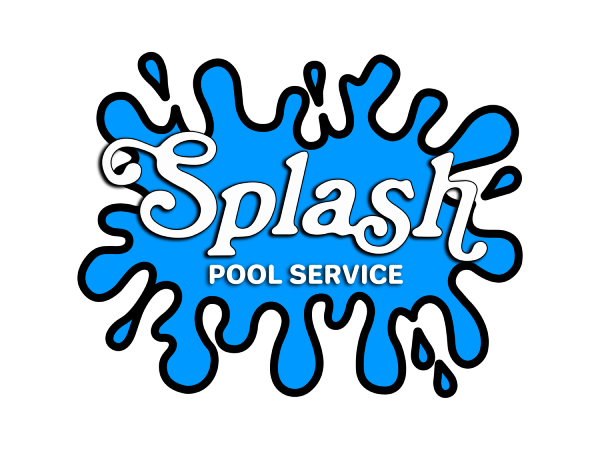If you’re facing issues with your pool pump and are unsure whether to opt for a pool pump repair or a replacement, this article is for you. Many pool owners face this dilemma, and making the right choice can save you time, money, and ensure the longevity of your pool.
Pool Pump Repair: Pros and Cons
If your pool pump starts leaking or fails to circulate water properly, it’s not always necessary to invest in a brand-new pump. Rebuilding the pump with new seals or other parts can sometimes restore its functionality, saving you the cost of a complete replacement.
Pros of Pool Pump Repair:
- Cheaper: Repairing your pool pump is generally cheaper upfront compared to buying a new one.
- Quick Fix: If the issue is minor, pool pump repairs can be a fast solution to get your pool up and running again.
Cons of Pool Pump Repair:
- Long-Term Costs: If your pump is older, repairs might end up being more costly in the long run due to higher energy consumption and potential future breakdowns.
- Ongoing Issues: Pool pump repairs might not be a permanent solution, leading to repeated issues and potential pool water quality problems.
- Older Technology: Repairing an older pump means you’ll miss out on the benefits of newer technology, such as quieter operation, wireless connectivity, and improved efficiency.
Pool Pump Replacement: Pros and Cons
While replacing your pool pump might seem like a significant investment, it can be a smarter choice in the long term, especially if your current pump is outdated or continuously problematic.
Pros of Pool Pump Replacement:
- Energy Efficiency: Modern variable-speed pumps are much more efficient, potentially saving you around $1,000 per year in energy costs.
- Advanced Technology: Newer pumps come with features like wireless control and smart sensors that prevent damage, enhancing convenience and reliability.
- Quiet Operation: New pumps are designed to operate quietly, providing a more peaceful pool environment.
- Long-Term Savings: Although the initial cost is higher, a new pump can be a more economical choice in the long run due to its durability and efficiency.
Cons of Pool Pump Replacement:
- Higher Initial Cost: The upfront expense of a new pool pump is the primary drawback compared to repairing an existing one.
Making the Right Choice
Ultimately, the decision to repair or replace your pool pump depends on various factors, including the age and condition of your current pump, your budget, and your long-term pool maintenance goals. If your pump is relatively new and the issue is minor, a repair might be the most cost-effective solution. However, if your pump is outdated and experiencing frequent problems, investing in a new, energy-efficient model could save you money and headaches in the long run.
Before making a decision, it’s advisable to consult with a professional pool service provider who can assess the condition of your pump and provide personalized recommendations based on your specific needs.
Conclusion
Whether you choose to repair or replace your pool pump, the key is to make an informed decision that ensures the longevity and efficiency of your pool. By weighing the pros and cons of each option and considering your long-term pool maintenance goals, you can enjoy a well-functioning pool without unnecessary expenses or disruptions.
For professional advice and assistance with your pool pump repair or replacement, don’t hesitate to contact our experienced team at Splash Pool Service. We’re here to help you make the best choice for your pool and ensure it remains a source of enjoyment for years to come.
